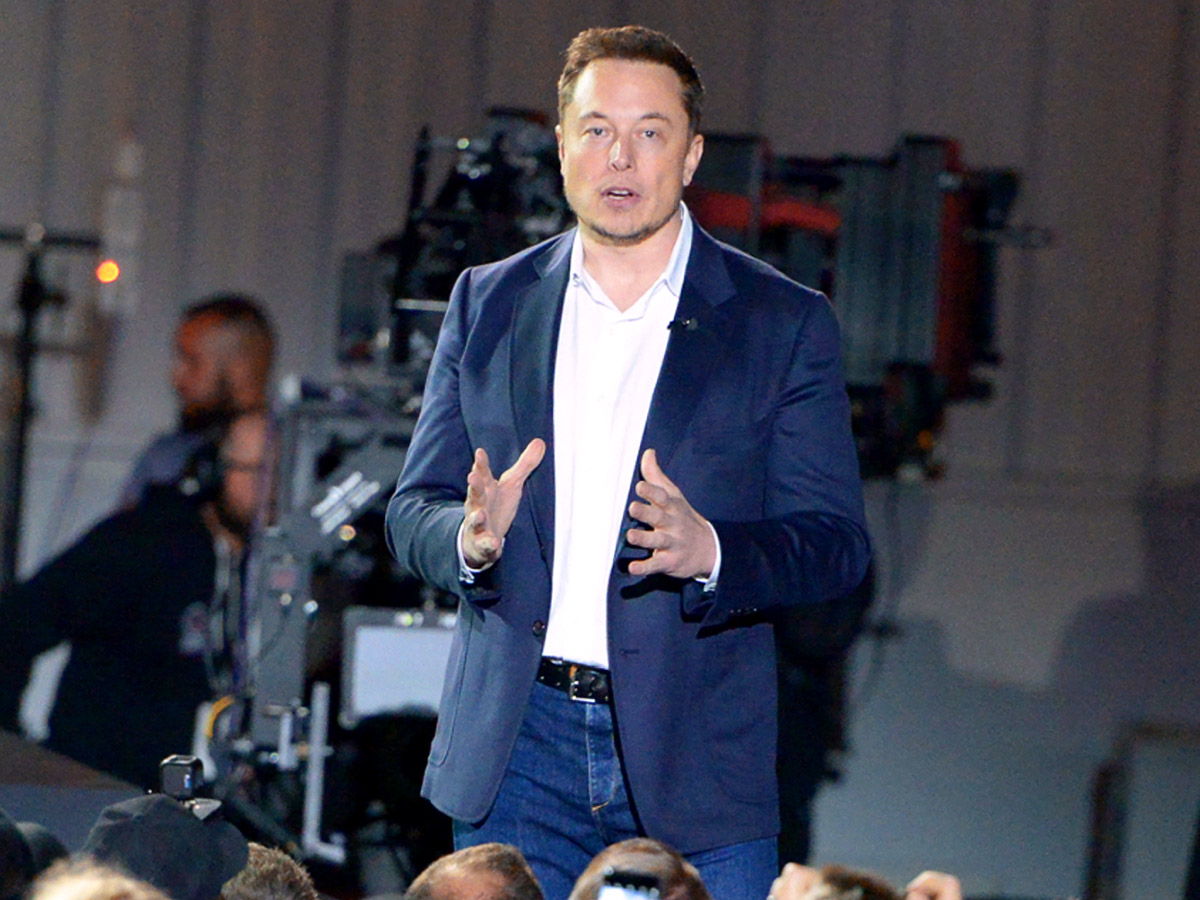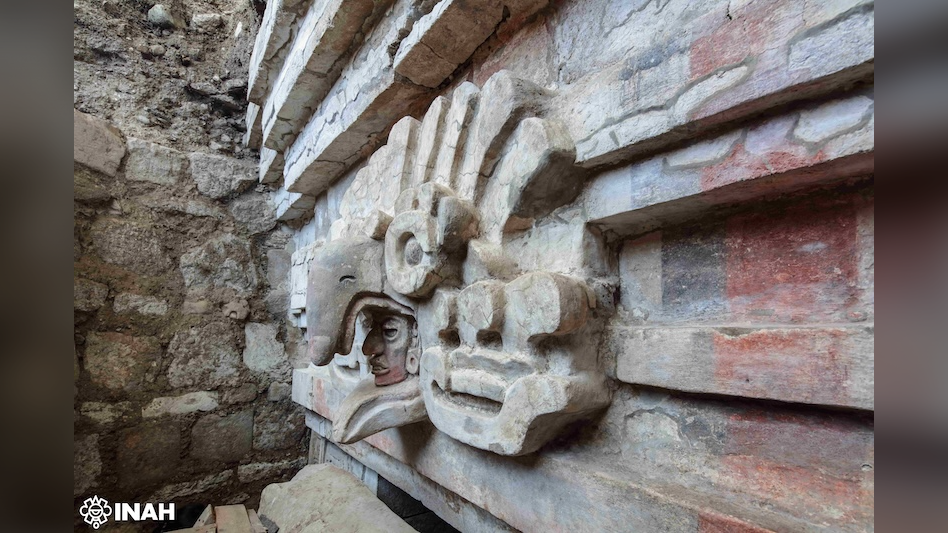
Elon Musk: AI Poses Bigger Threat to Humanity Than North Korea

Simmering tensions between the United States and North Korea have many people concerned about the possibility of nuclear war, but Elon Musk says the North Korean government doesn't pose as much of a threat to humanity as the rise of artificial intelligence (AI).
The SpaceX and Tesla CEO tweeted on Aug. 11: "If you're not concerned about AI safety, you should be. Vastly more risk than North Korea." The tweet was accompanied by a photo that features a pensive woman and a tag line that reads, "In the end the machines will win."
Concerns about the possibility of nuclear missile strikes have escalated in recent weeks, particularly after President Donald Trump and North Korean leader Kim Jong-un threatened each other with shows of force. The North Korean government even issued a statement saying it is "examining" plans for a missile strike near the U.S. territory of Guam.
But, Musk thinks humanity's most pressing concern could be closer to home.
The billionaire entrepreneur has been outspoken about the dangers of AI, and the need to take action before it's too late. In July, he spoke at the National Governors Association summer meeting and urged lawmakers to regulate AI now before it poses a grave threat to humanity. And in 2014, Musk said artificial intelligence is humanity's "biggest existential threat."
Original article on Live Science.
Get the world’s most fascinating discoveries delivered straight to your inbox.

Denise Chow was the assistant managing editor at Live Science before moving to NBC News as a science reporter, where she focuses on general science and climate change. Before joining the Live Science team in 2013, she spent two years as a staff writer for Space.com, writing about rocket launches and covering NASA's final three space shuttle missions. A Canadian transplant, Denise has a bachelor's degree from the University of Toronto, and a master's degree in journalism from New York University.
 Live Science Plus
Live Science Plus





